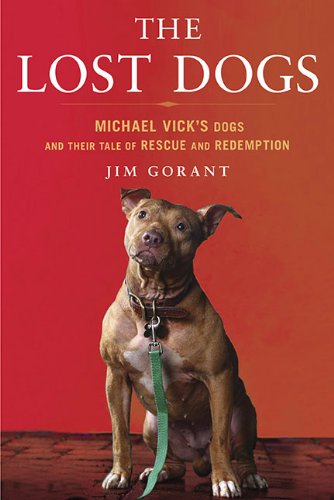Increased charges for veterinary treatment are very likely to be one knock-on effect of the drive to reduce public spending. Training to be a vet requires a six year course—potentially meaning a newly qualified vet could have a debt of £54,000 if he or she trained at a university that charged the maximum £9,000 p.a.
The increased cost of becoming a vet is inevitably going to end up being passed on to animal owners, because vets have to survive and pay their mortgages like anyone else.
If you have a reasonable income and only a few pets, it makes sense to take out pet insurance. Read the small print and discuss it with your vet as some policies may be more suited to your particular circumstances than others. Be aware that pre-existing conditions will not be covered, and it may be difficult to get cover for older animals at all. Look for a policy that will give continued cover as your pet ages, and check the size of the "excess" which you will have to pay yourself for each illness. If this figure is more than you would be able to find the policy will not be much use! Check whether the company will pay your vet direct or if you will be expected to pay the whole cost then claim it back.
Some vets offer "in-house" insurance which may be a good buy as such policies often give discounts on the cost of routine treatments, such as annual vaccinations, and they usually mean you do not have to pay the full cost of treatment and claim it back.
If you have a large number of animals it may be more cost-effective to pay a set amount of money into a savings account each month and use that to cover the cost of vet bills. If you decide to do this you need to have the will-power not to dip into this emergency fund for any other expenses.
If you know you couldn't afford pet insurance and you couldn't pay for treatment at a private vet if your pet was ill you need to make plans to decide what you would do to safeguard their welfare.
The RSPCA, PDSA and the Blue Cross all have schemes to help low income pet owners, but there is no guarantee that this will be available in your local area—although the RSPCA does its best to ensure at least minimal help is available throughout England and Wales.
Don't assume that there will always be a free or low-cost animal clinic available in your locality; it may well be the case that the only help available will be a voucher for part-payment at a private vet. More help may be available if you have registered your animal with the charity before an emergency arises, because this will make it possible for them to check your proofs of low income.






